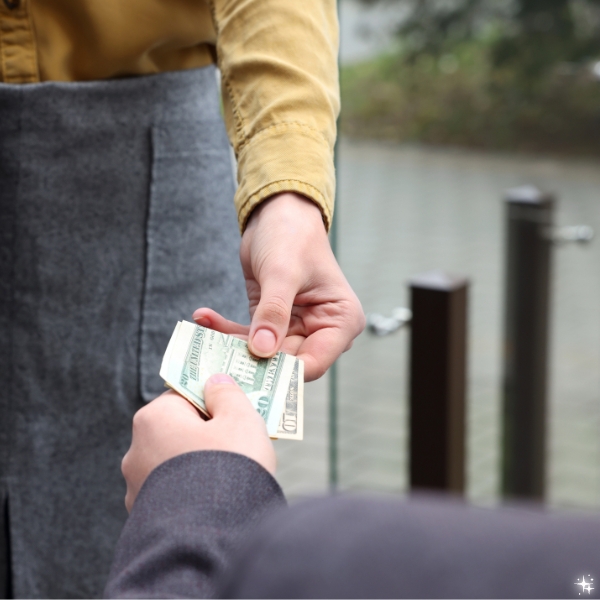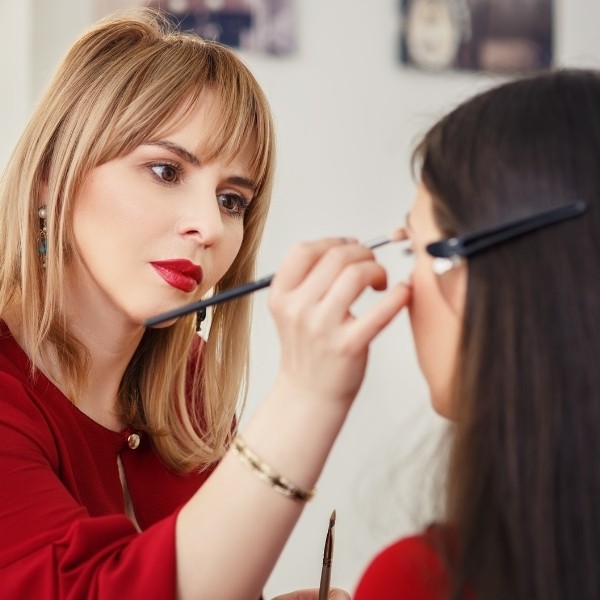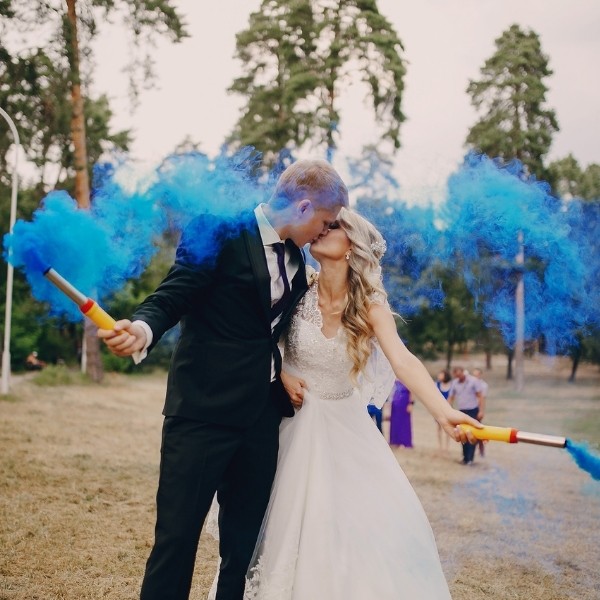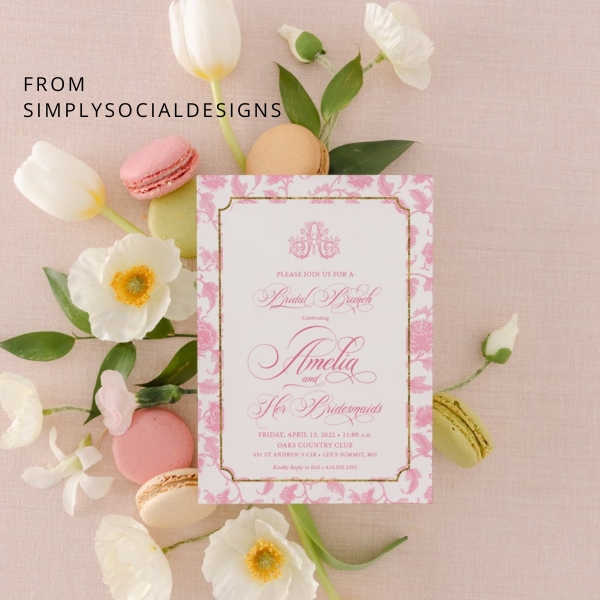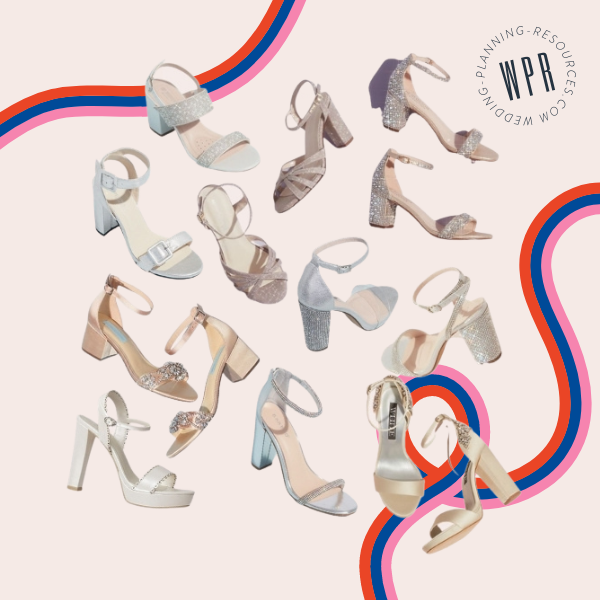Which Wedding Vendors To Tip. Wedding Vendor Tipping Guide: Who Deserves a Gratuity? Tipping Etiquette: Which Wedding Vendors Should You Tip? Do’s, Don’ts, and How Much to Give.
When planning your wedding, it’s common to wonder which vendors to tip and how much is expected. Tipping is a great way to show appreciation for excellent service, but it’s not always necessary. But if you feel extra generous, here’s a breakdown to help you decide who to tip and why:
Which Wedding Vendors To Tip
- Caterers and Waitstaff: Tipping your caterers and waitstaff is usually expected. Most catering contracts include a gratuity, but if it’s not mentioned, a tip of 15-20% of the total food bill is common. These staff members work hard to ensure your guests are fed and taken care of.
- Bartenders: If you’re providing an open bar, your bartenders rely on tips. Again, check your contract—some companies already include gratuity. A good guideline is $10-15 per bartender or 10-15% of the total bar bill. Or sometimes the bartender has a tip jar where your guests can leave them tips.
- Hair and Makeup Artists: Much like when you visit a salon, tipping your hair and makeup artists 15-20% is standard. They help you and your wedding party look picture-perfect, so a tip is a thoughtful way to say thank you. If you are prepaying, you can include it in your payment so you won’t have to worry about it the day of your wedding.
- Photographers and Videographers: Tipping your photographer or videographer is not mandatory but is appreciated, especially if they went above and beyond. If you do decide to tip, $50-100 per person is a nice gesture. We have seen couples give tips when they receive all the photos post-wedding.
- Musicians or DJ: These vendors keep the party alive! Tipping $50-100 for a DJ or $20-50 per musician shows your gratitude for keeping your guests entertained.
- Wedding Planner: Tipping your wedding planner isn’t necessary, but if they delivered outstanding service, a tip of $500 or a small gift can be a nice touch. They’ve likely worked with you for months, so this is a kind way to express your appreciation. As former wedding planners, we have received tips at different times: before the wedding, after the wedding, and even sometimes after returning from honeymoon when everything has settled down,
- Officiant: If your officiant is a friend or family member, a gift is usually enough. However, for a professional officiant, it’s common to tip $50-100, or if they’re affiliated with a religious institution, a donation to the church or temple is appropriate.
- Florist and Cake Baker: Tipping your florist or cake baker isn’t expected, but you can offer a tip if you feel their work was exceptional. A gesture of $50-100 works well here.
Is Tipping Necessary?
- Not always required: Many vendor contracts already include service charges or gratuity, so check your paperwork carefully.
- Optional, but thoughtful: While tipping is not required, it is a nice way to show appreciation for exceptional service. Sometimes, tipping can be in the form of gift cards, or even a gift basket that you think the wedding vendor will appreciate since you have gotten to know them and established a relationship through the wedding planning journey.
Is It OK Not to Tip?
- Yes, it’s okay! If your budget doesn’t allow for tipping or you feel a vendor didn’t meet your expectations, you’re not obligated to tip. If tipping isn’t common in your area, it might not be expected at all.
How to Know if Tips Are Necessary: Which Wedding Vendors To Tip
- Check your contracts: If gratuity is already included, there’s no need to tip extra unless you feel it’s deserved.
- Ask around: Speak to other couples or your wedding planner to understand local tipping customs. Some vendors may not expect a tip at all.
Tipping is a personal choice, and while it’s a kind way to thank vendors for making your wedding day special, it’s important to do what feels right for your budget and your experience.
Advertisement

